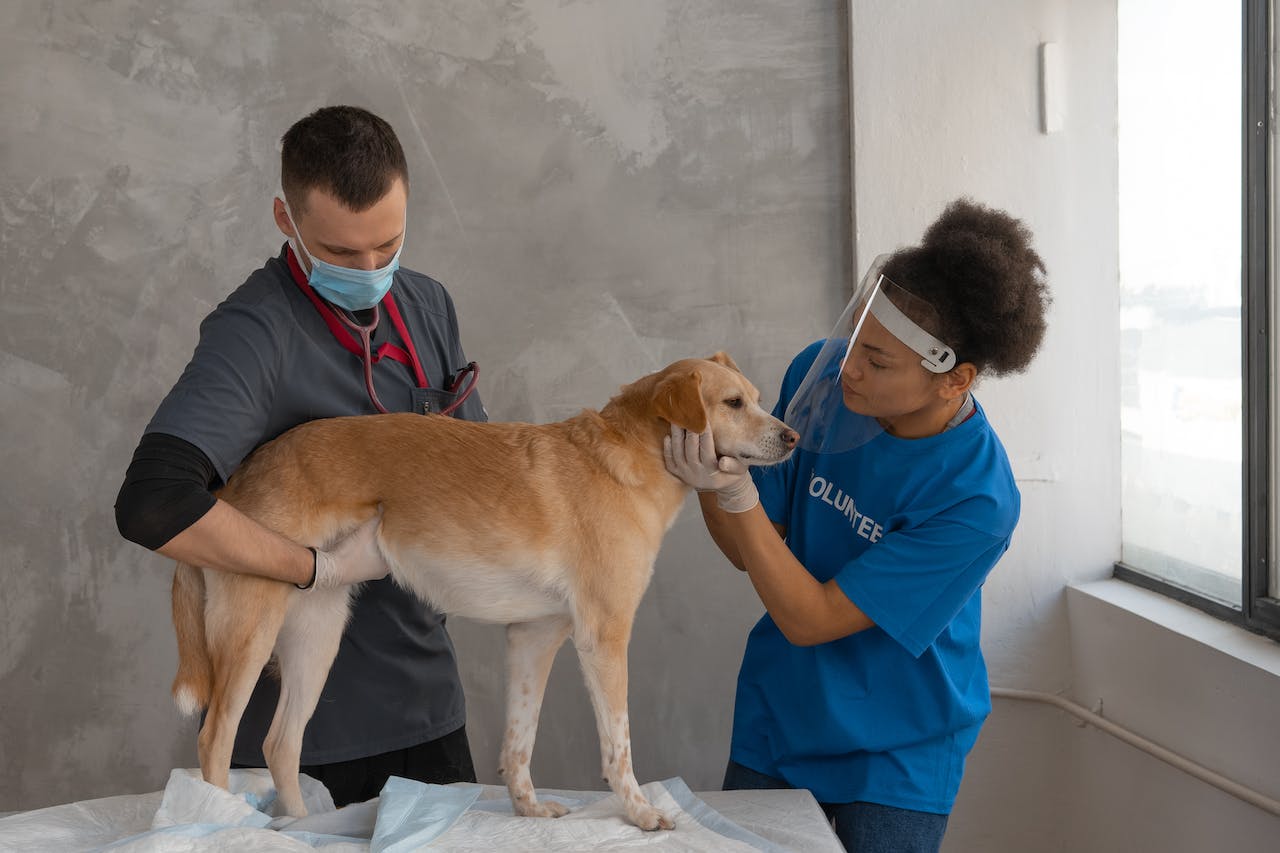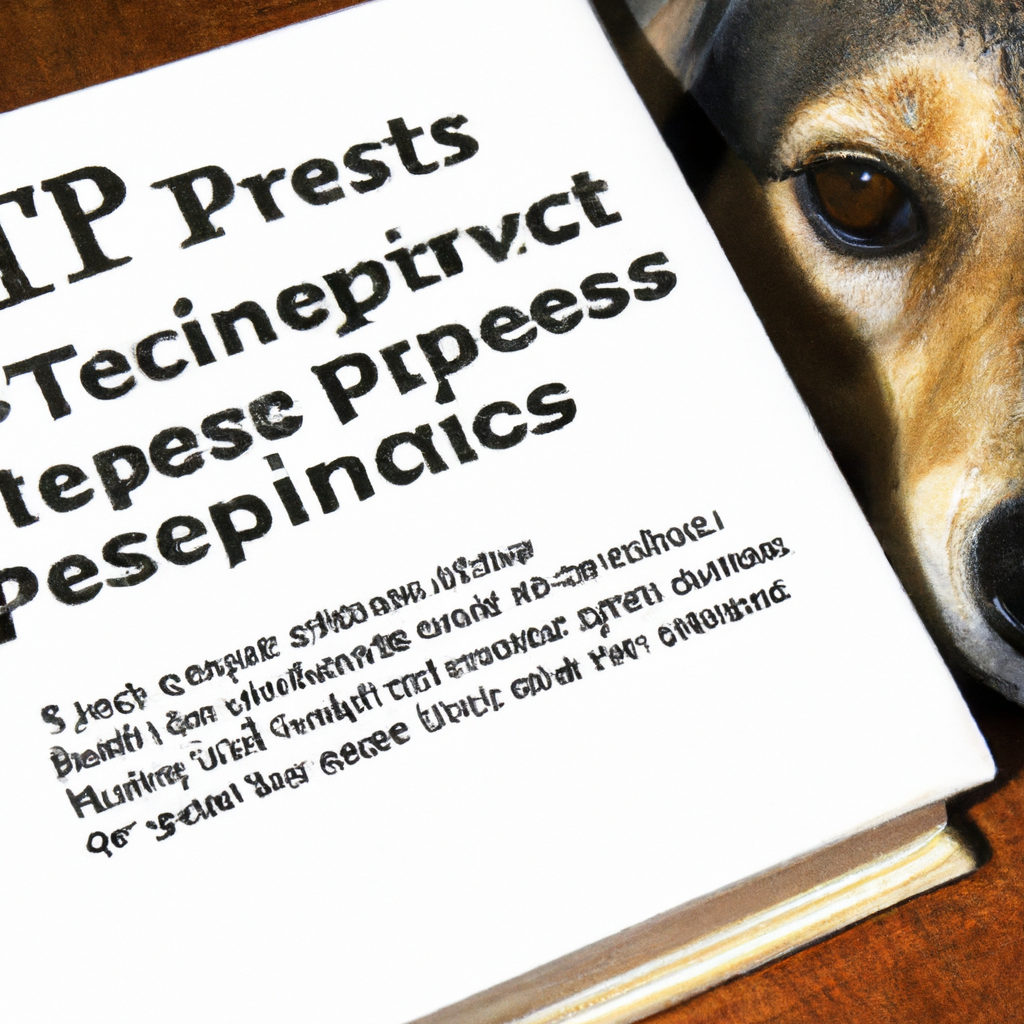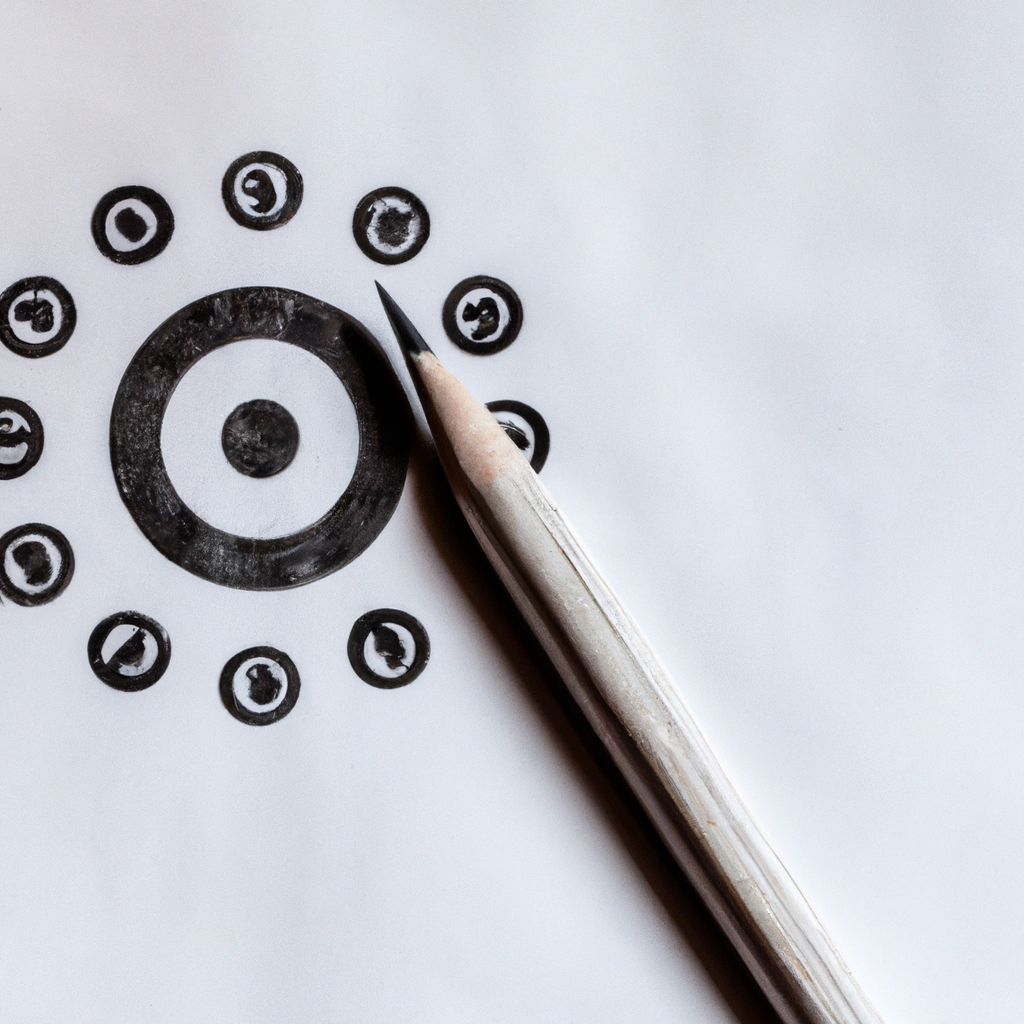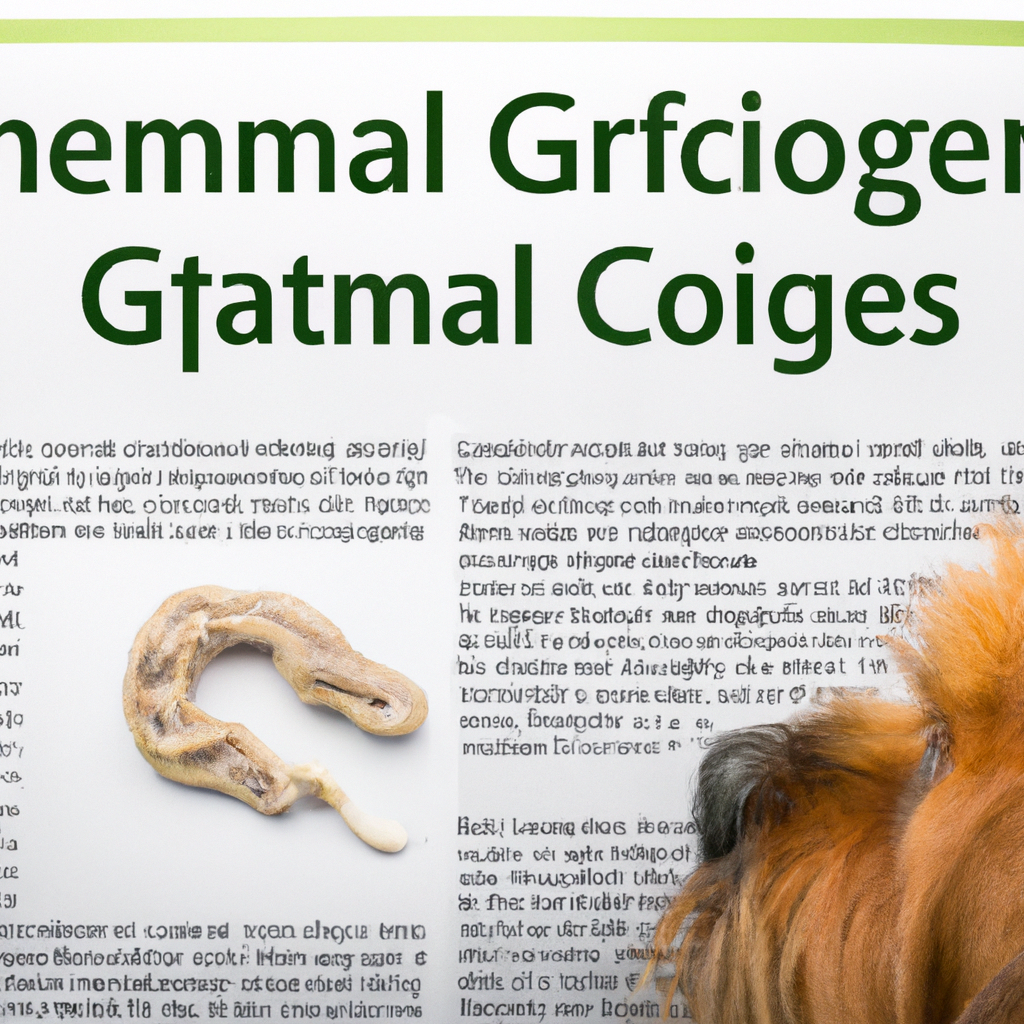Understanding and Managing Noise Aversion in Dogs
Understanding and Managing Noise Aversion in Dogs Many dogs experience noise aversion, a condition characterized by irrational fear and
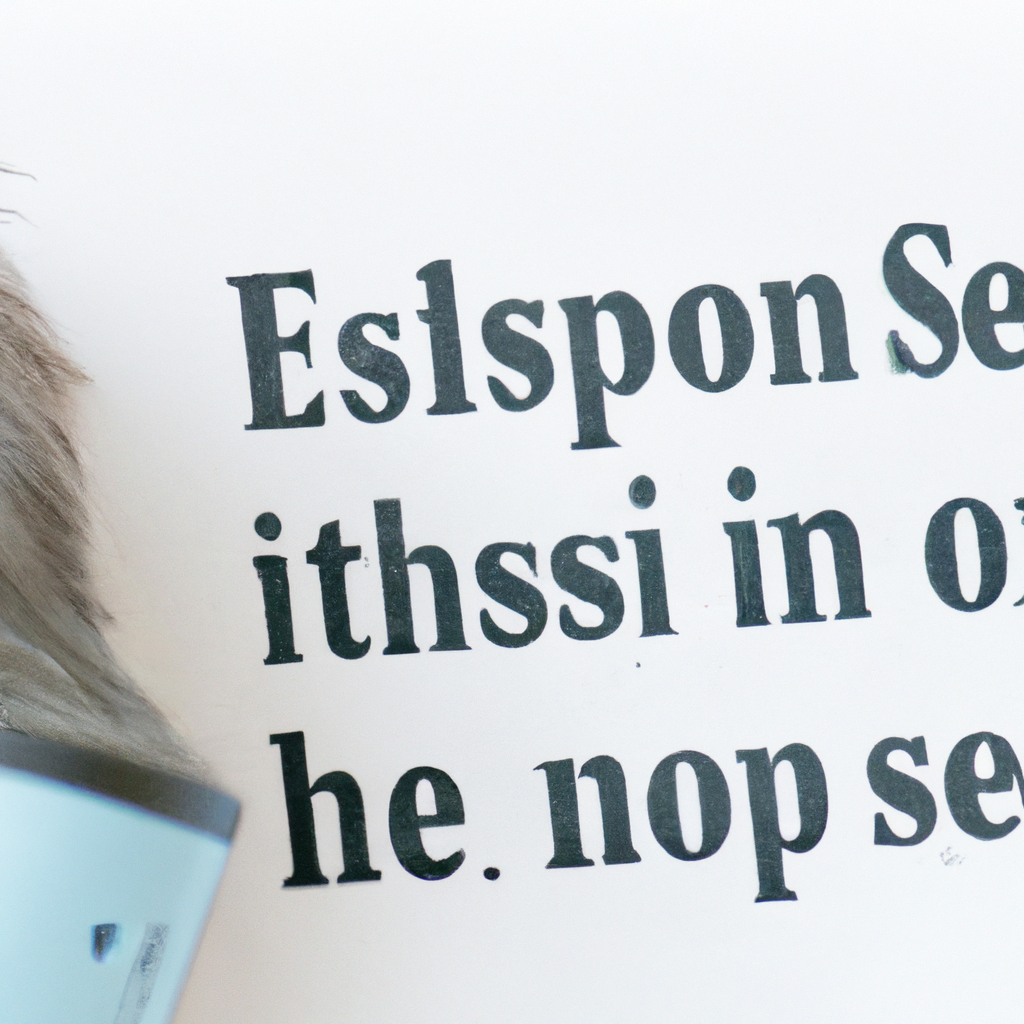
Understanding and Managing Noise Aversion in Dogs

Many dogs experience noise aversion, a condition characterized by irrational fear and anxiety triggered by loud or sudden noises. This can result in significant distress for our beloved pets and even result in negative behavioral changes. As responsible pet owners, it is crucial that we better understand this condition and take steps to manage it effectively.
Causes of Noise Aversion
Noise aversion can develop in dogs for various reasons:
- Loud noises: Fireworks, thunderstorms, or construction sounds can be overwhelming.
- Previous traumatic experiences: A dog that has previously experienced a loud noise-related trauma may develop anxiety or fear when exposed to similar sounds.
- Lack of exposure: Dogs not properly exposed to different sounds during their socialization period may become more prone to noise aversion later in life.
Recognizing the Symptoms
Dogs with noise aversion may exhibit several physical and behavioral signs:
- Trembling or shaking
- Panting or drooling excessively
- Attempting to hide or seek shelter
- Whimpering or howling
- Loss of appetite or refusing to eat
- Aggressive or destructive behavior
“It is crucial to remember that noise aversion is not a phase that will naturally go away. It requires understanding, patience, and proactive measures to support our furry friends.” – Veterinary Behaviorist Dr. Smith
Managing Noise Aversion
There are various techniques and products that can help manage noise aversion in dogs:
- Creating a safe space: Designate a quiet room or crate where your dog can retreat during noisy events.
- Desensitization and counter-conditioning: Gradually exposing your dog to the sounds that trigger their anxiety and rewarding them for calm behavior can help them build a positive association.
- White noise or calming music: Playing soothing sounds may help mask anxiety-provoking noises.
- Thundershirt or anxiety wrap: These snug-fitting garments can provide gentle pressure, creating a calming effect on the dog.
- Prescribed medications: In severe cases, consult with a veterinarian who may recommend anti-anxiety medications to alleviate your dog’s distress.
Seeking Professional Help
If your dog’s noise aversion worsens or significantly impacts their quality of life, seeking professional help is essential. A veterinary behaviorist or a qualified dog trainer can create a personalized behavior modification plan to address your dog’s specific needs.
Remember, noise aversion is a common issue faced by many dogs, and with proper management and care, it can be significantly improved. By understanding your dog’s fear and providing them with the support they need, you can help them lead a happier and calmer life.

